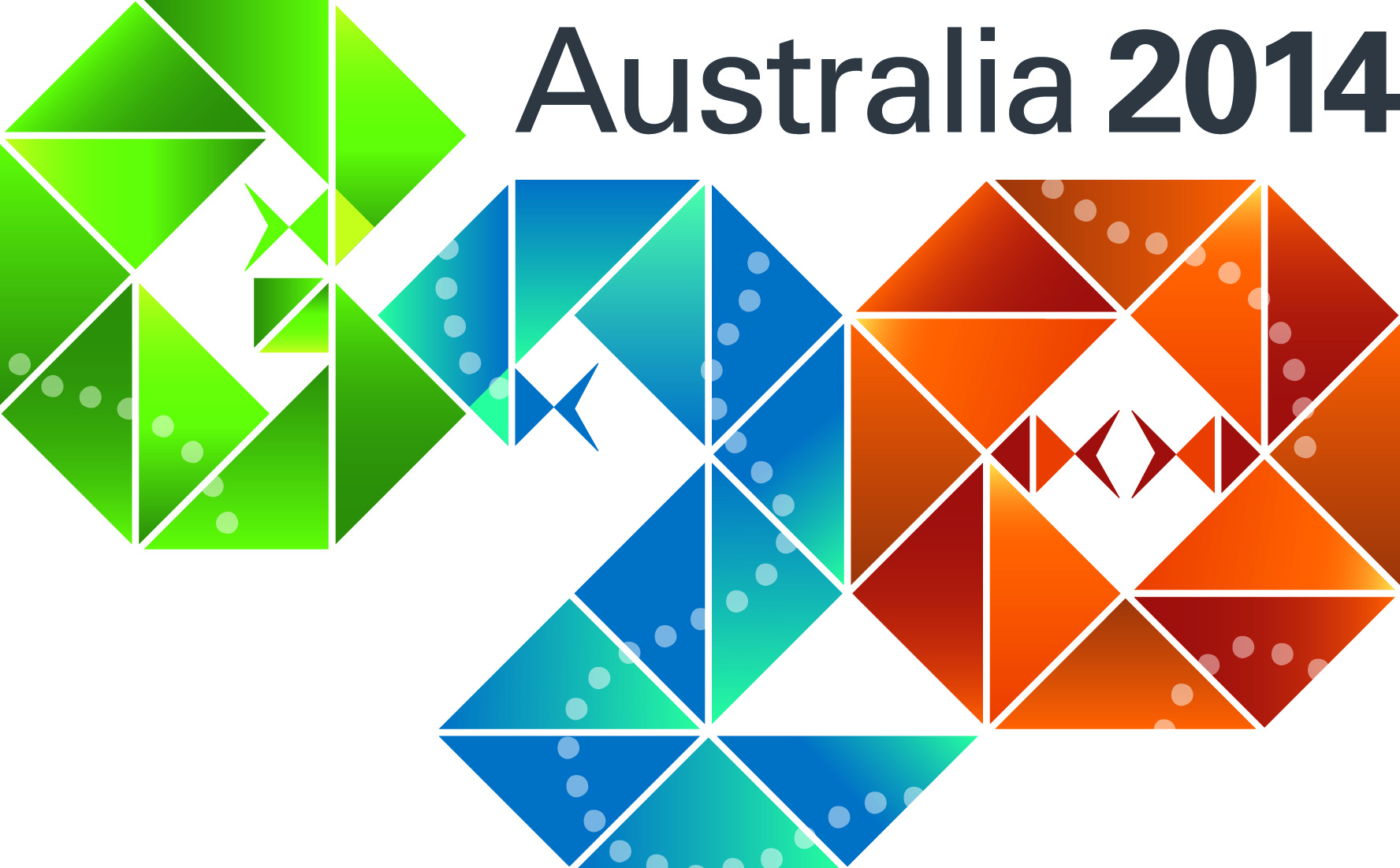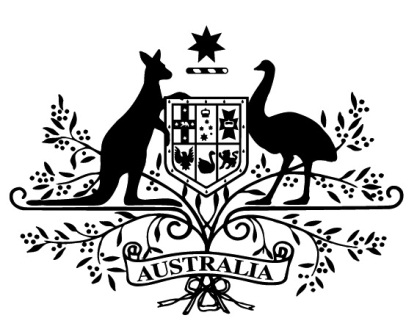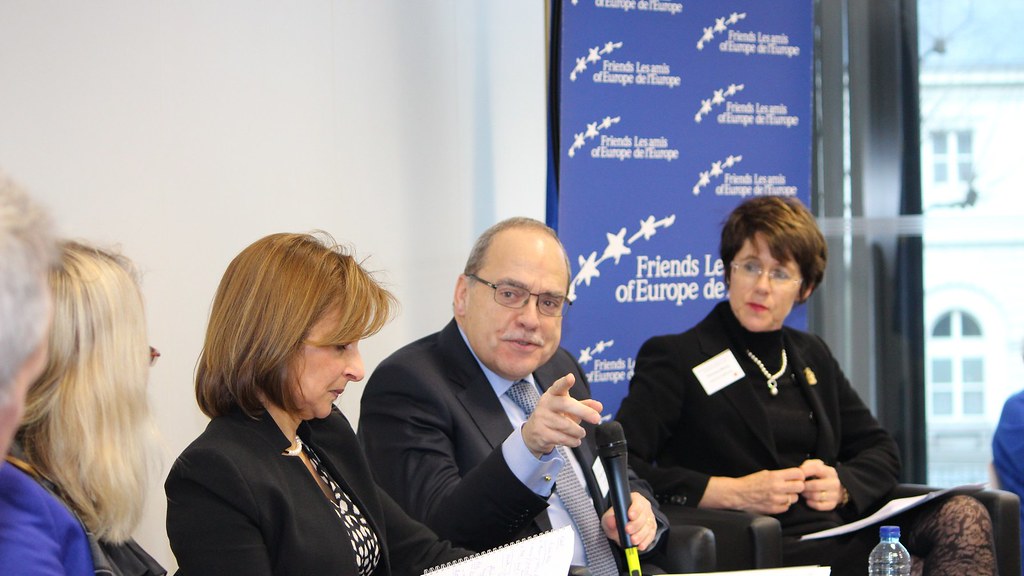
Summary
As chair of the G20 in 2014, Australia will focus on a global growth and jobs agenda and put the emphasis on free trade, tax collection and infrastructure investments, said Heather Smith, the Australian G20 Sherpa, at a “Policy Insight” meeting organised by Friends of Europe in cooperation with the Australian Mission to the EU.
“Australia sees itself as assuming a stewardship role, we are custodians of the institution and our objective is to make G20 relevant but also to focus on implementation of the G20 agenda”. “There is a sense of cautious optimism on the global economy; between the reforms in China and the economic stimulus policies of Japan, we have a shaky calm,” said Smith.“EU priorities for the G20 fit in very well with Australia’s agenda,” said Antonio Jose Cabral, the EU’s G20 Sherpa. “We would like to add the question of climate change,” he added.
About
As chair of the G20 in 2014, Australia will focus on a global growth and jobs agenda and put the emphasis on free trade, tax collection and infrastructure investments, said Heather Smith, the Australian G20 Sherpa, at a “Policy Insight” meeting organised by Friends of Europe in cooperation with the Australian Mission to the EU.
“Australia sees itself as assuming a stewardship role, we are custodians of the institution and our objective is to make G20 relevant but also to focus on implementation of the G20 agenda”. “There is a sense of cautious optimism on the global economy; between the reforms in China and the economic stimulus policies of Japan, we have a shaky calm,” said Smith.“EU priorities for the G20 fit in very well with Australia’s agenda,” said Antonio Jose Cabral, the EU’s G20 Sherpa. “We would like to add the question of climate change,” he added.
Schedule
The 9th G20 Summit in Brisbane in November 2014 will see a pivotal gathering of presidents and prime ministers from the world’s leading industrialised and emerging states to discuss global economics, trade and security. Set up in 1999 as a meeting of Finance Ministers and Central Bank Governors, the G20 confirmed its reputation as an increasingly important forum for managing the global economy following the financial crisis in 2008, when the first G20 Leaders Summit was held. With global growth still subdued and many countries struggling to create enough jobs for their people, what will be the key priorities for the G20 this year? Which challenges would benefit most from leaders’ attention at the 9th G20 Summit in Brisbane in November 2014? Can the G20 deliver practical outcomes for the global economy? Will crucial issues like youth unemployment, strengthening development and global financial reform get adequate attention at the Brisbane meeting and other G20 gatherings in Australia? Should the G20 be made more inclusive or would that make it more unwieldy and inefficient? Is the G20 helping or hampering global governance? How should it respond to the ever-expanding list of global challenges? What is the G20’s role in dealing with non-traditional security challenges including climate change, cyber security and human trafficking?
Speakers
Heather Smith
Australian G20 Sherpa
Antonio José Cabral
European Union G20 Sherpa
Karel Lannoo
Chief Executive Officer of the Centre for European Policy Studies (CEPS)
Philomena Murray
Professor at the School of Social and Political Sciences at the University of Melbourne
Moderator
Shada Islam
Managing Director at New Horizons Project
Speakers

Australian G20 Sherpa
Smith is Deputy Secretary, G20 Sherpa in the Department of the Prime Minister and Cabinet. As G20 Sherpa, she will meet with her counterparts from each country throughout the year 2014 to prepare for the leaders’ Summit November 2015. Before joining the public service she worked at the Reserve Bank of Australia.

European Union G20 Sherpa
Cabral is a Senior Advisor in the office of European Commission President José Manuel Barroso and his personal representative for the G20 and the G8. Prior to joining the European Commission, he worked in the Portuguese Ministry of Planning/ Finance as well as in the Portuguese Central Bank.

Chief Executive Officer of the Centre for European Policy Studies (CEPS)
Lannoo is an expert in European monetary policy, banking and financial markets and corporate governance. He has published books and numerous articles in specialised magazines and journals on EU business policies and financial market regulation.

Professor at the School of Social and Political Sciences at the University of Melbourne
Murray holds Australia’s only Jean Monnet Chair ad personam. She is an Assessor for the Australian Research Council and for the European Research Council. A former diplomat, she has run training courses for the Australian Department of Foreign Affairs and Trade.
Partners
Coorganized with


Activities
Translating Trump: making sense of Trump 2.0 the sequel
Past event Online

- Area of Expertise
- Peace, Security & Defence
Getting serious about European defence integration
Next event Online

- Area of Expertise
- Peace, Security & Defence
Ukraine's future: a discussion on a just and lasting peace
Past event In person

- Area of Expertise
- Peace, Security & Defence
Three years of courage: navigating Ukraine’s future and the road to peace
Past event Online

- Area of Expertise
- Peace, Security & Defence
The Women, Peace and Security agenda at 25: time to move beyond words
- Category
- #CriticalThinking
- Author
- By Mary Fitzgerald
To be or not to be (European)?: time for the EU to get off the fence when…
- Category
- #CriticalThinking
- Author
- By Jamie Shea
“Aux armes citoyens”: Europe’s defence, like charity, begins at home
- Category
- #CriticalThinking
- Author
- By Jamie Shea
A federal defence union for Ukraine
- Category
- #CriticalThinking
- Author
- By Andrew Duff

- Area of Expertise
- Peace, Security & Defence

- Area of Expertise
- Peace, Security & Defence

- Area of Expertise
- Peace, Security & Defence

- Area of Expertise
- Peace, Security & Defence
Continue
the debate on
- Debating Europe

